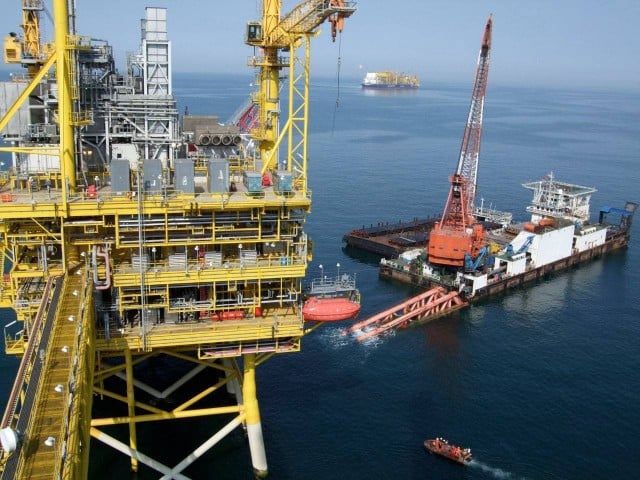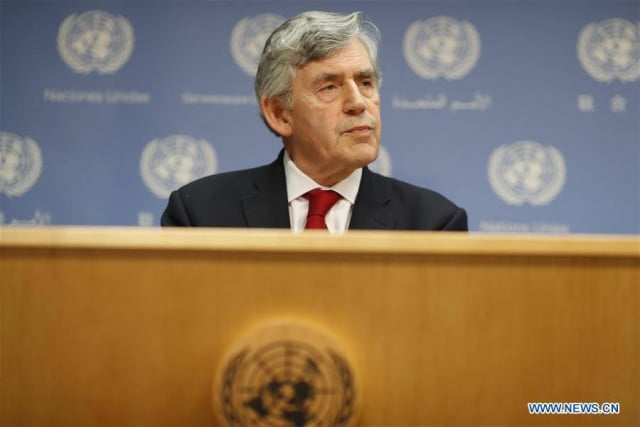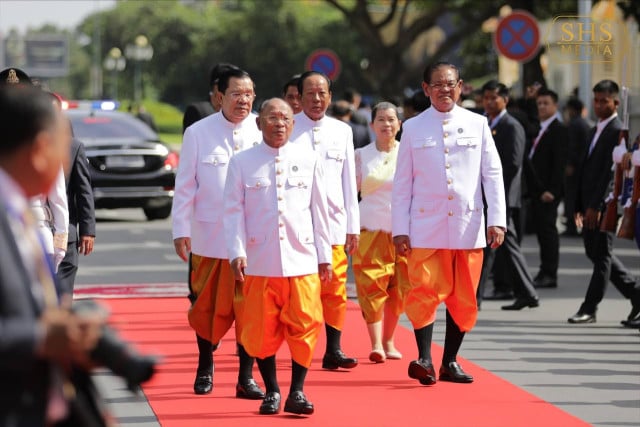Khmer Rouge Tribunal Backs Video and Education Productions

- By Phat Dane
- October 20, 2023 8:00 PM
SIEM REAP – The Extraordinary Chambers in the Courts of Cambodia (ECCC) and Educational Broadcasting Cambodia (EBC) have agreed to produce educational animations, short clips and documentary videos about the Khmer Rouge trials.
These aim to raise awareness among students and the younger generation, based on the documents of the 16-year judicial proceedings on Khmer Rouge leaders, which ended last year.
Kranh Tony, the acting director of administration of the ECCC, said the trials left 233,836 documents, noted in 2.4 million pages, in three languages: Khmer, English, and French. The trials were recorded over more than one thousand hours and involved 11,000 victims.
“The ECCC has also created a digital model platform to help facilitating the trials process and cases management, using the electronic system,” he said at the signing ceremony, adding that the ECCC had also launched the resource centre for information on the Khmer Rouge tribunal in September after the judicial proceedings had been completed.
“The center aims to promote the ECCC’s achievement and legacy in proceeding the trials and documents, which allows the public to learn more about the history,” he said.
Tony hopes that the cooperation will contribute to capacity-building and public service provision through the transformation in education and training sectors.
Sok Puthyvuth, Secretary of State of the Ministry of Post and Telecommunications, said the project will raise awareness of the importance of ECCC’s establishment which was to seek justice for the Khmer Rouge victims who lost their lives and those who are still alive.
“I believe that the cooperation will enable the younger generation to know the truth about what happened under the Khmer Rouge regime, and the journey in seeking justice for the victims,” he said.
The tribunal started the hearings against senior leaders of the Khmer Rouge regime in 2007, seeking the justice for the death of more than two million people while it ruled from 1975 to 1979.
The nine leaders tried during those 16 years were: Kiang Guek Eav known as Duch (dead), Meas Mut, Yim Tith, Im Chaem, Ao An (dead), Nuon Chea (dead), Kieu Samphan, Ieng Sary (dead), and Ieng Thirith (dead). Khieu Samphan was the last defendant sentenced in September last year. Pol Pot, who led the movement with a blend of Marxism-Leninism and agrarian ideology, died in the jungle in 1998.
The tribunal took 16 years to complete, costing about $337 million, of which $45 million was from Cambodia with the rest paid for by 39 foreign countries.
The building in which the (ECCC) conducted the trials was returned to the Royal Cambodian Army in December last year, after judicial proceedings ended. It had been given by the Cambodian government in 2006, following the joint agreement between the Cambodian authorities and the United Nations to set up tribunals staffed by international and Cambodian judges and lawyers.
Meng Seavmey contributed to the story.















